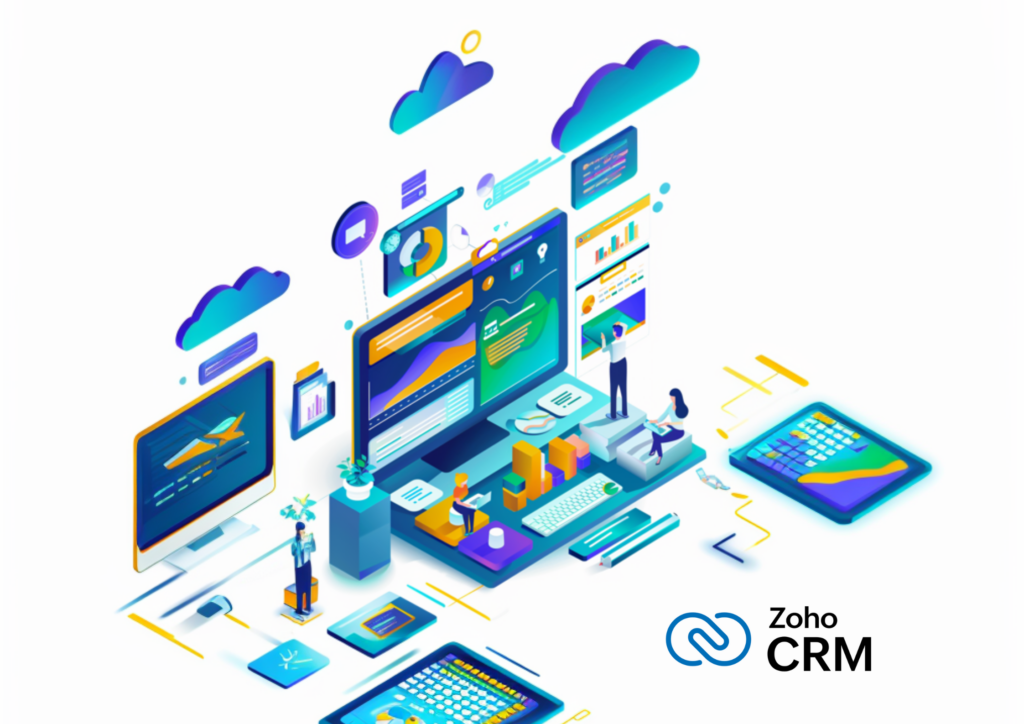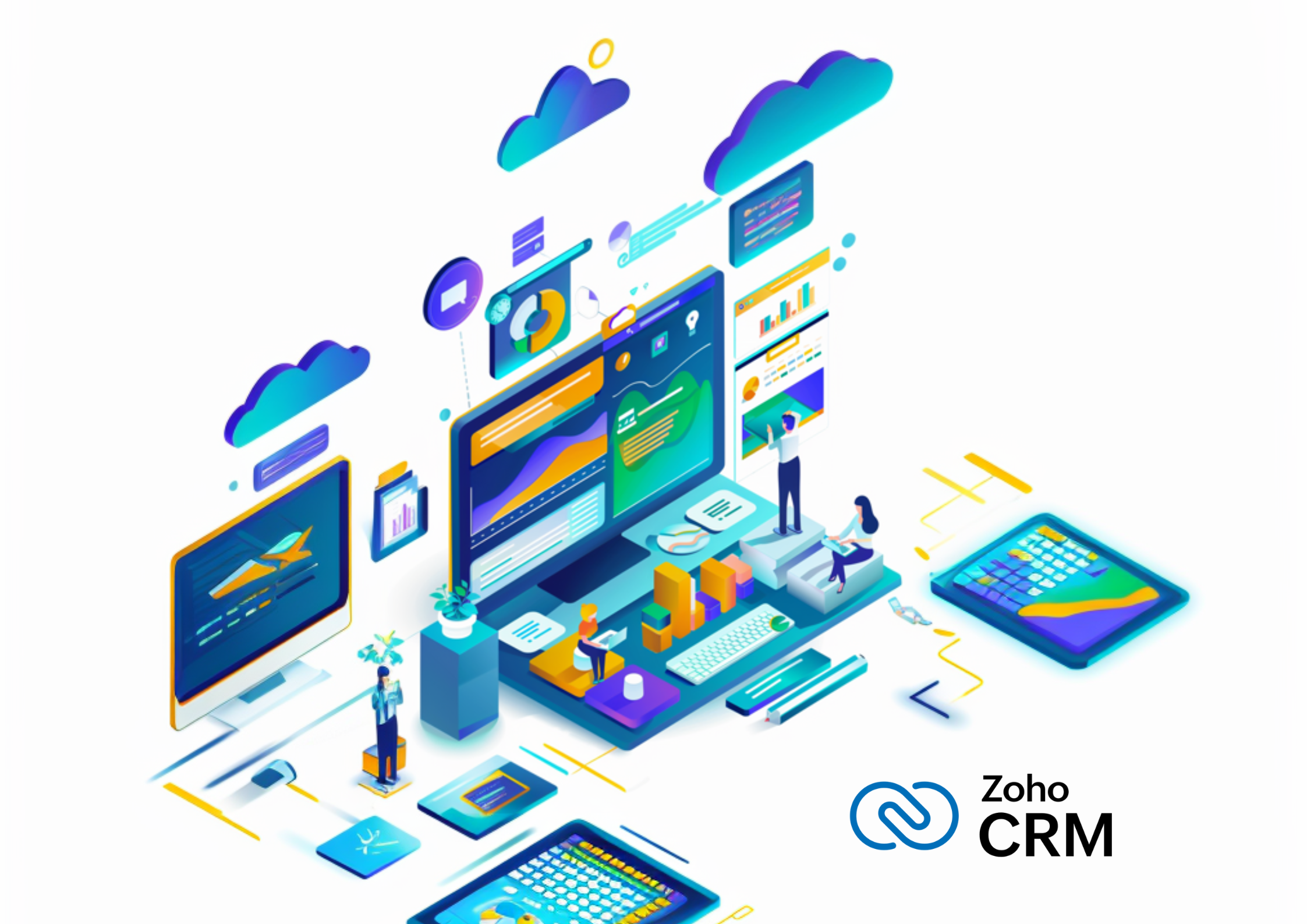Unlocking Business Potential with Zoho CRM

Zoho CRM is cloud-based software that streamlines sales, marketing, and customer support. It helps you grow your business by providing insights for customer attraction, engagement, and retention. This post explores key features and benefits of Zoho CRM for unlocking your business potential.
Lead Management
Effectively capturing and nurturing leads is integral to business success, and Zoho CRM streamlines this process by facilitating lead gathering from diverse sources such as web forms, social media, email, phone, and chat. It allows you to assign leads to sales representatives, monitor their progress, and automate follow-ups through workflows and reminders. Zoho CRM further aids in lead qualification by scoring them based on behavior, interest, and buying readiness, empowering you to prioritize efforts on leads most likely to convert.
Workflow Automation
Zoho CRM offers a powerful automation feature that allows you to streamline repetitive tasks like sending emails, updating records, and creating tasks. By creating custom workflows based on your business rules and triggers, Zoho CRM automates these processes, saving you time and effort while ensuring consistency and accuracy. This automation not only enhances operational efficiency but also contributes to improved customer experiences through the delivery of timely and personalized messages and actions.
Omnichannel Communication
Zoho CRM provides a platform for seamless customer communication across channels like email, phone, chat, and social media, integrating with popular apps including Gmail, Outlook, Skype, WhatsApp, Facebook, and Twitter. Utilize built-in tools like Zoho Mail, Zoho PhoneBridge, Zoho SalesIQ, and Zoho Social for effective communication management within the CRM. Embracing omnichannel communication ensures a consistent customer experience across touchpoints, allowing comprehensive tracking and recording of interactions, conveniently accessible from a centralized platform.
Analytics and AI
Zoho CRM offers advanced AI capabilities to help you make data-driven decisions and optimize performance. Monitor key metrics, create custom reports, and get insights from Zoho CRM’s AI assistant, Zia. Zia provides predictions, and suggestions, and can perform tasks using natural language processing and voice recognition. With Zoho CRM, take your business to the next level.
Customization and Scalability
Zoho CRM is a customizable and scalable tool that can be tailored to your unique business needs. With Zoho Creator, you can create custom apps and integrations to enhance its functionality. It offers flexible pricing plans and editions that can be adapted to suit your budget and requirements.
In conclusion, Zoho CRM consolidates sales, marketing, and customer support activities onto a single platform, making business management more comprehensive. Its features include lead management, workflow automation, omnichannel communication, analytics, and AI capabilities. Zoho CRM not only fosters growth but also elevates the customer experience. Embrace the power of Zoho CRM to unlock new possibilities and propel your business toward sustained success.













